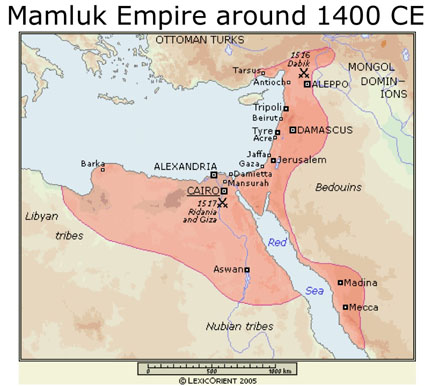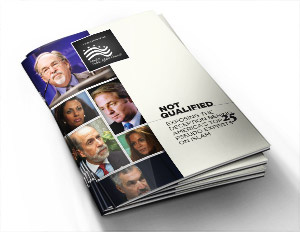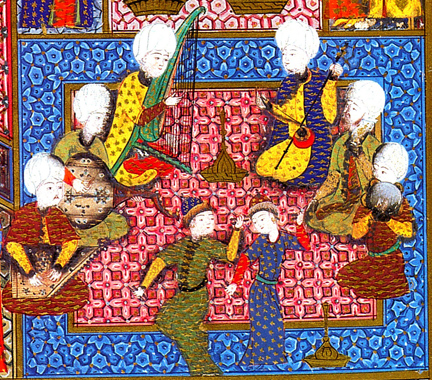
The School of Mamlūk Studies (SMS) is administered by the Universities of Chicago (Ill., USA), Liège (Belgium), and Venice (Italy), respectively represented by Marlis Saleh, Frédéric Bauden, and Antonella Ghersetti. It is currently based at the University of Chicago, where Mamluk-related projects such as Mamlūk Studies Review, the Chicago Online Bibliography of Mamluk Studies, and the Chicago Online Encyclopedia of Mamluk Studies are managed. The mission of SMS is to provide a scholarly forum for a holistic approach to Mamluk studies, and to foster and promote a greater awareness of the Mamluk sultanate (1250–1517). It aims to offer a forum for interdisciplinary debate focused on the Mamluk period in all its historical and cultural dimensions in order to increase, address, investigate, and exchange information and knowledge relevant to Mamluk studies in the broadest meaning of the term. Conceived as a meeting for scholars and graduate students working on any of the many aspects of the Mamluk empire, without neglecting its contacts with other regions, SMS offers to everyone working in the field of Mamluk studies the opportunity to attend annual conferences organized in turn by each of the three collaborating institutions.
The annual conferences will be organized around a general or a more specific theme which scholars will be invited to address. In addition, proposals for panels on other relevant subjects may be submitted by individuals, research teams, or institutions. Accepted panels will be held at the end of the thematic conference. On an irregular basis, SMS will also organize seminars in various fields (such as diplomatics, paleography, codicology, numismatics, epigraphy, etc.) which will be aimed at graduate students. These seminars will be planned to take place prior to or following the annual conference in the institution where the conference is held.
Papers presented at each conference on the selected theme will be published as a monograph, while papers presented at the panels will be considered for publication in Mamlūk Studies Review.
The first annual SMS conference is planned for 2014 in Venice. A call for papers will go out in 2013.





